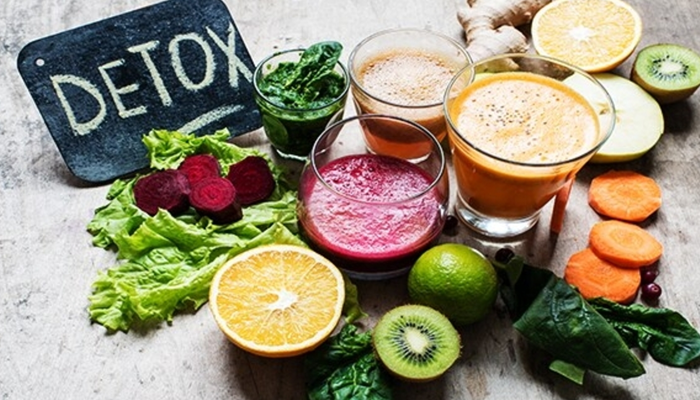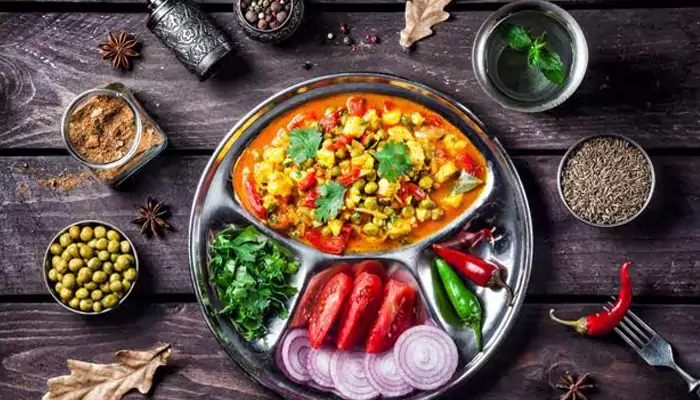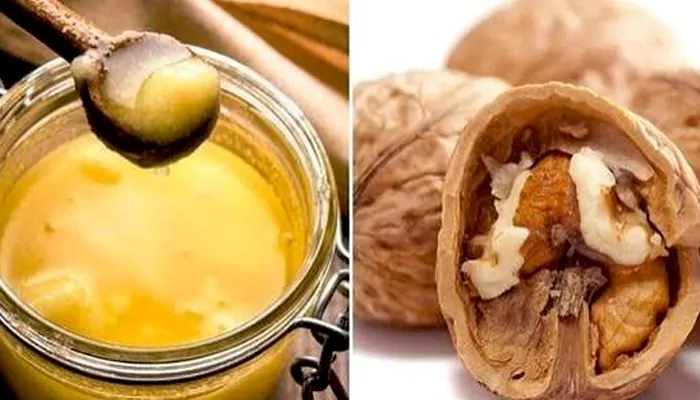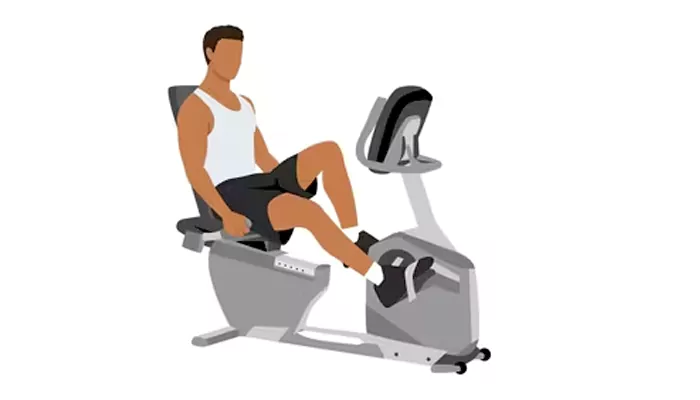Vegan Diet For Weight Loss: What To Eat And Meal Planning Tips
- Ishani Karmakar
- 6 months ago
- 4 minutes read

Adopting a vegan diet for weight loss is about embracing a lifestyle that promotes overall health and well-being.
While a vegan diet can be incredibly nutritious and effective for weight loss, it requires thoughtful planning to ensure you're getting all the necessary nutrients while also enjoying a variety of delicious foods. Here’s what to eat on a vegan diet to lose weight and provide practical meal planning tips to help you stay on track.
What to Eat on a Vegan Diet for Weight Loss
When following a vegan diet for weight loss, it's important to focus on whole, unprocessed foods that are rich in nutrients and low in empty calories. Here are some food groups to prioritize:
Vegetables
Vegetables should be the cornerstone of your vegan diet. They are low in calories but high in vitamins, minerals, and fibre. Leafy greens like spinach, kale, and Swiss chard are particularly beneficial, as they are nutrient-dense and can be used in a variety of dishes, from salads to smoothies.
Fruits
Fruits are another essential component of a vegan diet. They provide natural sweetness and are packed with antioxidants and vitamins. Berries, apples, oranges, and bananas are excellent choices, as they are high in fibre and low in calories.
Whole Grains
Whole grains like brown rice, quinoa, oats, and barley are great sources of complex carbohydrates that provide sustained energy throughout the day. They are also high in fibre, which helps keep you full and satisfied.
Legumes
Legumes, including beans, lentils, chickpeas, and peas, are rich in protein and fibre. They are versatile ingredients that can be used in soups, stews, salads, and even vegan burgers. Protein is crucial for maintaining muscle mass and keeping your metabolism active, which aids in weight loss.
Nuts and Seeds
Nuts and seeds are excellent sources of healthy fats, protein, and fibre. However, they are also calorie-dense, so it’s important to consume them in moderation. Flaxseeds, chia seeds, almonds, and walnuts are particularly beneficial for weight loss due to their high omega-3 fatty acid content.
Plant-Based Proteins
Tofu, tempeh, and seitan are popular plant-based protein sources that are low in fat and can be used in a variety of dishes. These proteins help you feel full and maintain muscle mass, which is important for a healthy metabolism.
Meal Planning Tips for a Vegan Weight Loss Diet
Meal planning is a key strategy for success on a vegan diet, especially if weight loss is your goal. Here are some tips to help you get started:
Plan Your Meals Ahead of Time
Planning your meals for the week can help you stay on track with your weight loss goals. It prevents the temptation to grab unhealthy options when you're short on time or energy. Choose a variety of dishes that incorporate different food groups to ensure you're getting a balanced diet.
Prep Your Ingredients
Meal prepping can save you time during the week and make it easier to stick to your diet. Chop vegetables, cook grains, and prepare legumes in advance so you can quickly assemble meals when needed. This will also reduce the likelihood of ordering takeout or indulging in less healthy options.
Stay Hydrated
Sometimes, thirst is mistaken for hunger, leading to unnecessary snacking. Make sure to drink plenty of water throughout the day. Herbal teas and infused water with lemon or cucumber are also great options for staying hydrated and satisfied.
Be Mindful of Portion Sizes
Even healthy vegan foods can lead to weight gain if consumed in large quantities. Pay attention to portion sizes, especially with calorie-dense foods like nuts, seeds, and grains. Using smaller plates and bowls can help you control portions without feeling deprived.
A vegan diet can be a highly effective way to lose weight, especially when it focuses on whole, nutrient-dense foods. Successful weight loss on a vegan diet also requires mindful eating, proper portion control, and regular meal planning. With these tips in mind, you can enjoy the benefits of a vegan diet while working toward a healthier, lighter you.












